Interested in a healthcare career that has direct patient contact and is heavy on chemistry? You may want to consider pharmacy school instead of medical school. Pharmacists don’t just work in retail drug stores—they make a positive impact on the health and well-being of individuals and communities by dispensing medication, consulting with physicians, conducting research, and more.
A career as a pharmacist starts with getting into pharmacy school. Here's what you need to know about the admission requirements, curriculum, and post-graduate training it takes to earn a PharmD—plus information about job prospects in this field.
Admission Requirements for Pharmacy School
To be admitted to a pharmacy school in the United States, you'll need to have completed the typical prerequisites expected for pre-meds and other pre-health pathways, including chemistry, biology, physics, and math.
According to PharmCAS data published by the American Association of Colleges of Pharmacy (AACP), there were 11,219 applicants to pharmacy schools in 2021-22, and 9,700 were accepted, for an acceptance rate of 86.5% (p.11). The AACP data also shows that accepted students:
- Had an average overall GPA of 3.35, with a science GPA of 3.21
- Were mostly biology, pre-pharmacy, or chemistry majors (p. 50)
- Much more likely to be female, with 68.6% of students identifying as female (p. 35)
- More diverse than medical students, with only 43.41% of students identifying as white (p. 20)
One thing to note: pharmacy schools had their own entrance exam, the Pharmacy College Admission Test (PCAT). It is being retired as of 2024, so you won’t have to take it if you decide to apply to pharmacy school next year.
What You Learn in Pharmacy School
According to PharmCAS, the centralized pharmacy school application service, there are currently 134 pharmacy schools in the United States and 24 in Canada. Like medical school, PharmD programs typically take four years to complete. The curriculum includes some common topics to medical school, but focuses much more on chemistry. Courses can cover:
- Pharmacology
- Medicinal chemistry
- Infectious disease treatment
- Pharmaceutics
- Pharmacokinetics
- Pharmacy law and ethics
PharmD students also have opportunities for hands-on experience through clinical rotations in various settings, including hospitals, community pharmacies, and other healthcare facilities. The goal is to equip students to work closely with other healthcare providers, such as doctors and nurses, to ensure that patients receive the most appropriate and effective treatments for their conditions.
Post-Graduate Training and Licensure for PharmD Grads
After graduating from pharmacy school, you can complete a period of post-graduate training, which typically includes a one- or two-year residency program. Two-year pharmacy residencies usually focus on specific clinical populations or conditions, such as cardiology or oncology. During this time, you'll gain additional experience in clinical settings and work alongside experienced pharmacists to further develop your skills.
To practice pharmacy in the United States, you'll also need to obtain a license from your state's board of pharmacy. Licensure requirements vary by state, but all states require PharmD graduates to pass the North American Pharmacist Licensure Examination (NAPLEX) exam, and a state-specific licensing exam about pharmacy law, although 47 states currently use the Multistate Pharmacy Jurisprudence Exam (MPJE).
You may also have to complete a certain number of hours as an intern before becoming eligible for licensure. Finally, to maintain your license, you’ll have to complete continuing education regularly over the course of your career.
Working as a Pharmacist: Duties, Job Prospects, and Salary Prospects
Many of us are familiar with retail pharmacists who dispense medications in drug stores and other shops. In addition to their dispensation duties, retail pharmacists may also provide shots for flu or COVID, and perform certain types of healthcare screenings.
Pharmacists can also work in hospitals and clinics, filling prescriptions as they are requested by physicians on duty. There are also consulting and clinical research roles available to pharmacists.
The U.S. Bureau of Labor Statistics (BLS) reports that pharmacists earned a median salary of $128,571 as of May 2021. The job outlook is lower than other healthcare occupations, with a projected growth rate of just 2% from 2021-2031. However, due to a high number of expected retirements, the BLS also projects that there will be about 13,600 job openings per year nationwide.
Preparing for Pharmacy School with the MSMS
Intrigued by a pharmacy career path? If you need to strengthen your application to a PharmD program, consider earning your Master of Science in Medical Sciences (MSMS) with one of our university partners. This program covers graduate-level coursework in health sciences, including microbiology and biochemistry. Learn more about how it works today!



